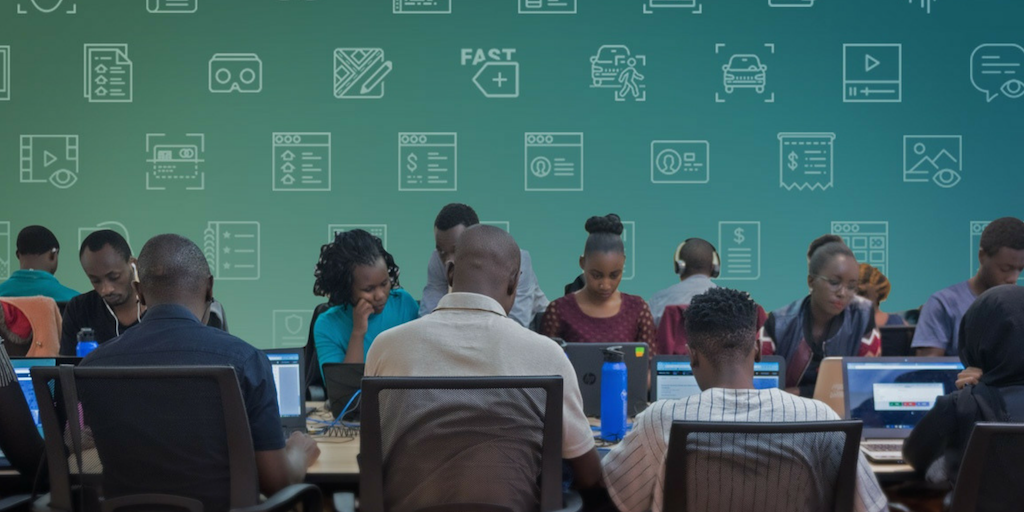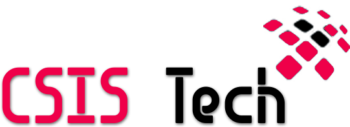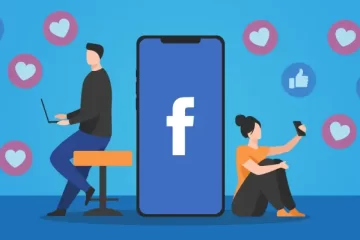BEST TOOLS AND WORKFORCE TIPS TO SCALE YOUR VIDEO ANNOTATION

Technology indeed plays a significant part in our lives today and few can imagine living without it. And yes, we are living in a fast-changing society, where advancements in artificial intelligence (AI) are powering transformative technologies that are really modifying our everyday lives, positively. In order to maximize the use of these AI systems, it requires collating and preparing large video datasets wherein a process itself can take thousands of hours to annotate properly and accurately.
In comparison to image annotation, escalation of video annotation is relatively more challenging. For a 10-minute video, it contains approximately 18,000 to 36,000 frames, at a rate of 30-60 frames per second. This process can be time-consuming and expensive which direct to the problem to those tech innovators trying to be excel in the market competition. If you desire, video annotation outsourcing can deal with your requirements and can turn your goals into reality.
The number of companies is continuously growing, from startup to enterprise. They have been dealing with those workforces with a wide and complex knowledge regarding annotation tools to scale video annotation for high-quality training datasets. They refrain from nurturing in-house personnel or even creating custom annotation tool so they can focus more on their main goals.
On the other hand, there are numerous crowdsourcing platforms that can be a feasible option in providing access to both scalable workforce and off-the-shelf annotation tools. The drawback here is that crowdsourcing deploys anonymous workers. Its annotation tooling functionality is also limited and can be worrisome for vision-based technologies seeking for an ultra-precise annotation since it is crucial for human safety.
You can find various workforce providers in the market with train workers who have extensive knowledge and experience in doing annotation task and come out with higher-quality training data. Although the majority of them require their clients to use only proprietary annotation tools just within their scope and doesn’t allow them in using the annotation tool that they prefer.
It is recommended to choose the annotation tool that best fit your needs. Here are the benefits that come with owning our video annotation tool:
- Gain an edge to your competitors by establishing a unique platform for annotating data with your chosen tool. This is where you can spot and leverage differentiators.
- Mitigation of unintended bias in machine learning models by evaluating the annotation tool that suits your needs.
- Make modifications to software in a fast manner with agility using your own developers. Don’t worry about substantial fees whenever the scope of the software changes.
- Much greater control over the security of your system. By having the tool in your stack, it is possible for you to apply necessary technical controls that meet your requirements.
- Choose the vendors of your choice that will help you in achieving your objectives. Don’t be locked up in just one provider. As you start having the tool, the workforce can start plugging into your task workflow more easily and conveniently.
Top 4 Video Annotation Tools
A computer vision algorithm deeply requires annotated data that can provide a vast understanding of the actions and even interactions of the different objects inclusive in each video frame. This is not just identifying the name and location of the object, which is the case for image annotation. Don’t worry too much and think that it’s too complicated since there are numerous video annotation tools on the market that you can get. The appropriate video annotation tool must be user-friendly, lessen human effort, and maximizes annotation quality. The top four video annotation tools are VITBAT, iVAT, VATIC, and Beaver Dam.
What to Look for in Your Annotation Workforce
After you’ve selected the best annotation tool that suits your needs, consider your workforce requirements. Video annotation requires specialized skill wherein there’s a need for hands-on training and even extensive coaching to attain maximum accuracy.











